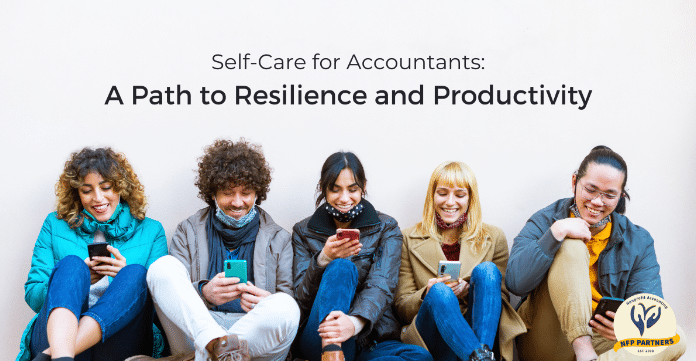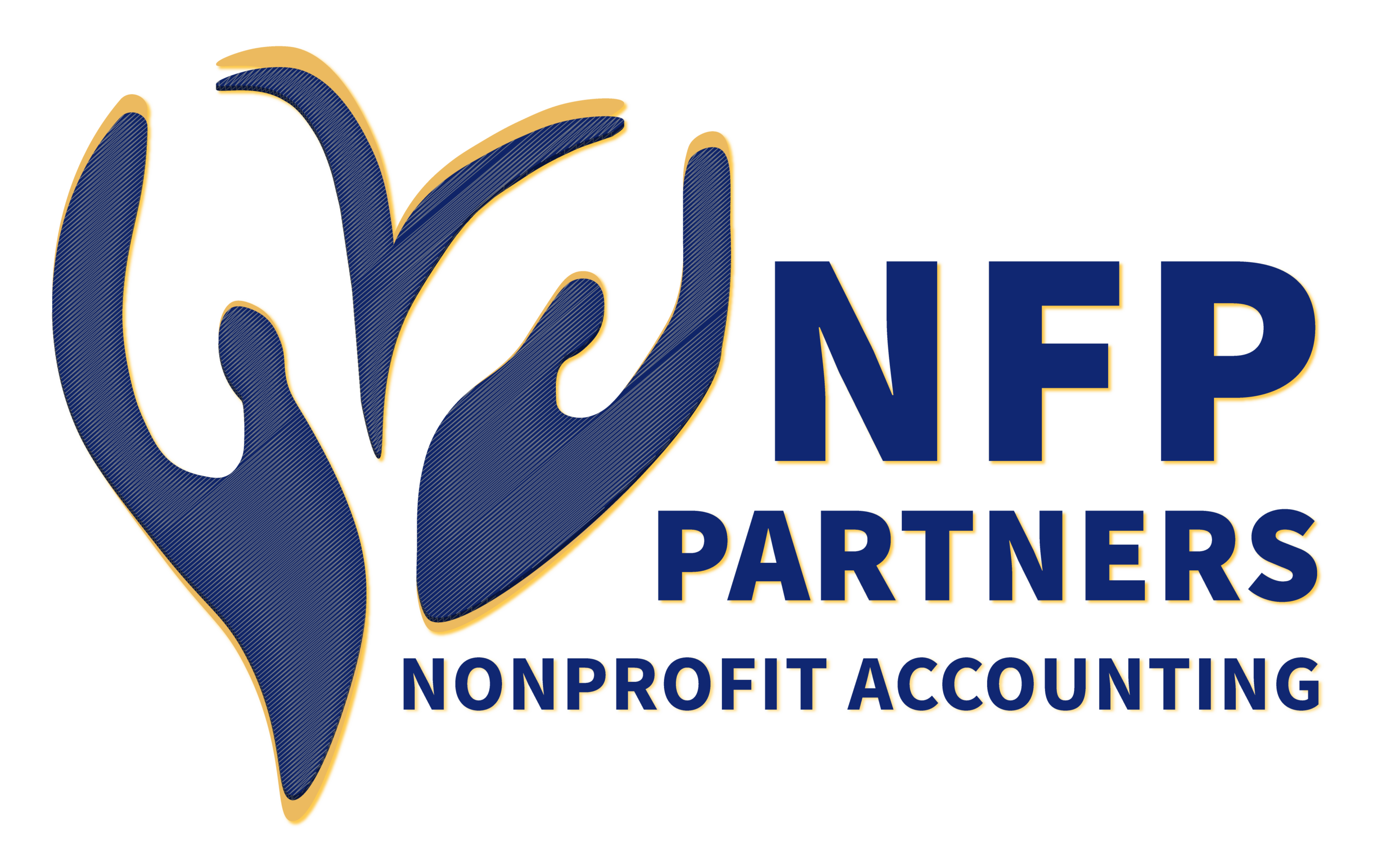Self-Care for Accountants: A Path to Productivity in 2025

In the demanding field of accounting, where precision and deadlines are paramount, the need for effective self-care practices cannot be overstated. With burnout and stress as common challenges, integrating intentional self-care strategies helps accountants maintain their well-being, improve productivity, and achieve a sustainable work-life balance. Thus, below are some key strategies for self-care tailored to the unique needs of accounting professionals.
1. Emphasize Physical and Mental Health
Regular exercise, healthy eating, and adequate sleep are essential components of self-care. These practices not only improve physical well-being, but also enhance cognitive function and mood. Scheduling short walks or workouts during breaks can be particularly refreshing during intense workdays.
Read below for how NFP Partners’ CEO, Laura Jorstad, uses short walks to help alleviate the stressors of a work day.
One of our core values at NFP Partners is care and that includes self-care. One way I work to embody that value is by taking a walk every day. I’ve found a walk first thing in the morning helps me start the day feeling refreshed and energized. The afternoons can become long, and on those days, I try and take a short brain break in the afternoon to get outside and soak in the Colorado sun. This helps me finish the afternoon strong while still taking care of myself!
2. Set Clear Boundaries
Maintaining boundaries between work and personal life is important. Accountants often face extended hours, especially during tax season. Therefore, use tools like calendar blocking to define your availability and resist the urge to take on excessive workloads. For example, write a sticky note asking yourself “does this work need to be done now, or can it wait?” and place it somewhere visible in your daily workstation.
3. Practice Mindfulness and Relaxation Techniques
Also, incorporating mindfulness practices, such as meditation and deep breathing, can help accountants manage stress effectively. Even a few minutes of mindfulness each day can foster emotional resilience and improve focus during demanding periods. Additionally, if you find yourself struggling to enter a relaxing state of mind, consider making and playing a mindfulness-tailored playlist.
4. Leverage Technology
Modern accounting software can streamline workflows, reduce manual tasks, and enhance efficiency. Cloud-based tools and automated solutions enable accountants to meet work demands while maintaining control over your time, particularly during high-pressure seasons. For example, using platforms like Asana, Monday.com, and even apps provided within Teams and Slack can be helpful.
5. Foster Social Connections
The isolating nature of accounting work can amplify stress. Make time to connect with colleagues, friends, or family members. These interactions can provide emotional support, new perspectives, and opportunities to decompress. Some ways you and those closest to you can stay connected this year can be found in this article from Employment Hero, 15 Ways to Stay Connected Virtually with Coworkers.
6. Incorporate “Me Time”
Prioritize personal time to engage in hobbies, explore passions, or simply relax. Setting aside dedicated moments for yourself helps recharge your energy and prevents professional obligations from overshadowing personal growth.
7. Recognize and Address Stressors
Acknowledge the challenges inherent in the profession, such as high workloads and tight deadlines. Proactively addressing these stressors—through time management, delegation, or seeking professional support—can significantly alleviate their impact on mental health.
By adopting these self-care practices, accountants can navigate their demanding roles with greater ease, resilience, and satisfaction. Prioritizing well-being is not a luxury—it is essential for sustaining success in a high-pressure profession.
